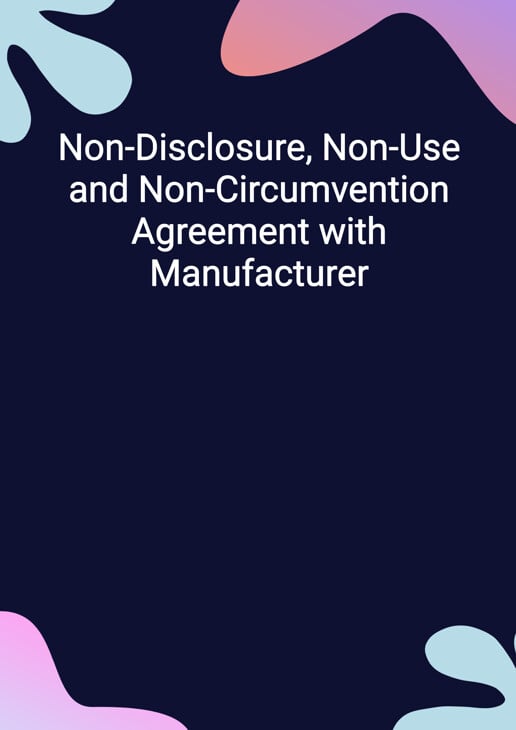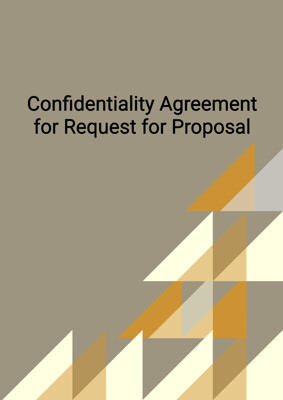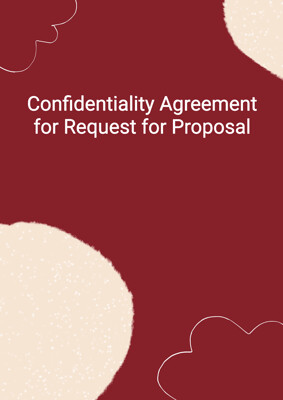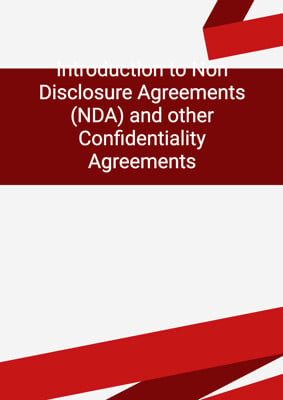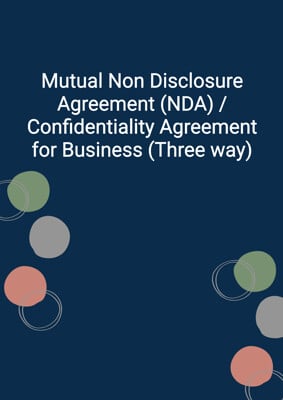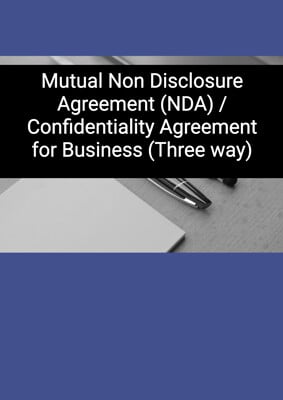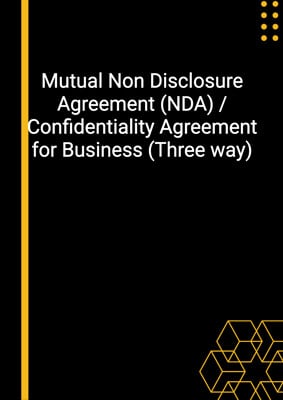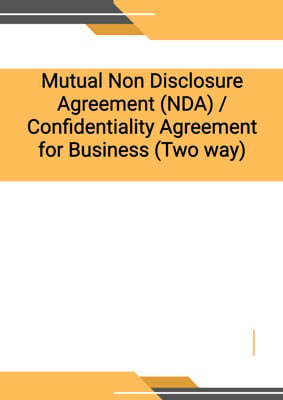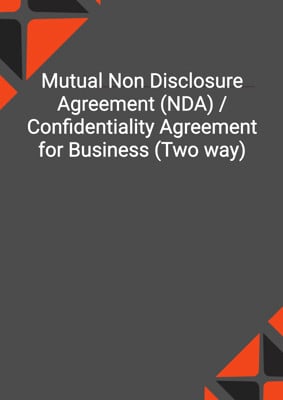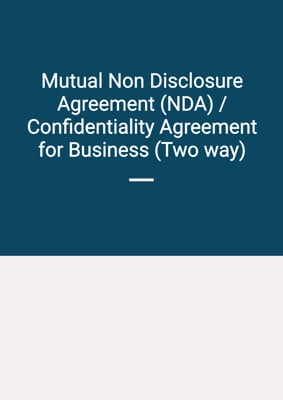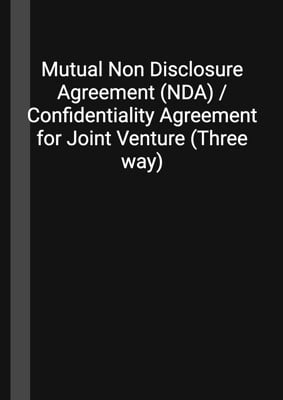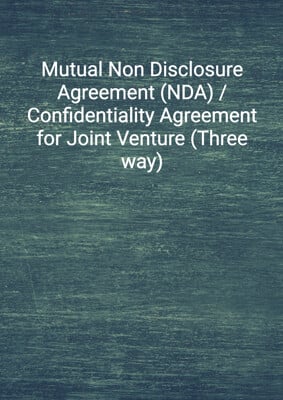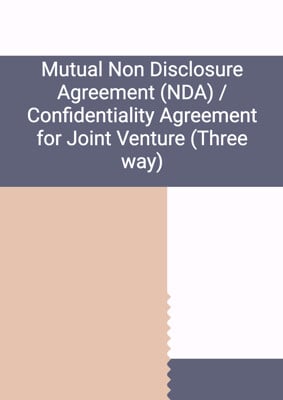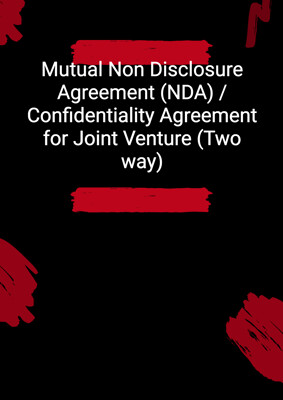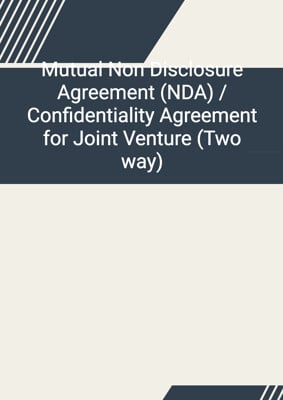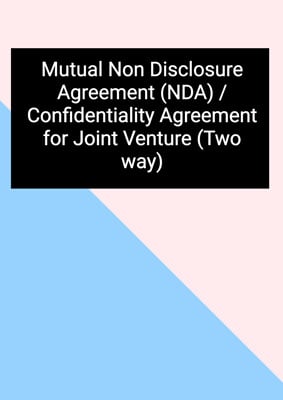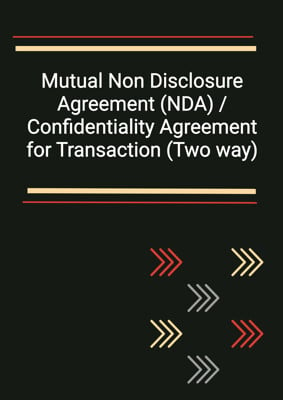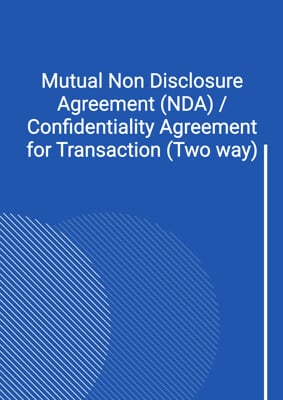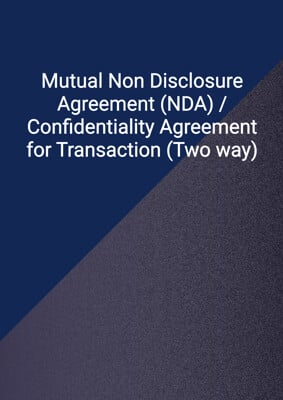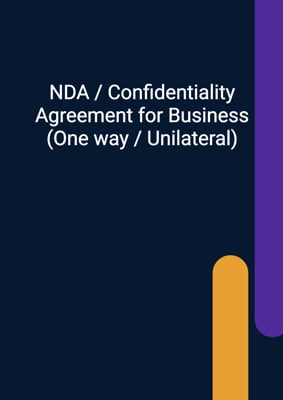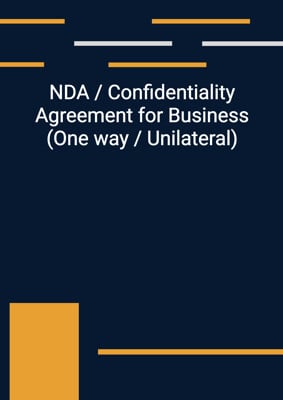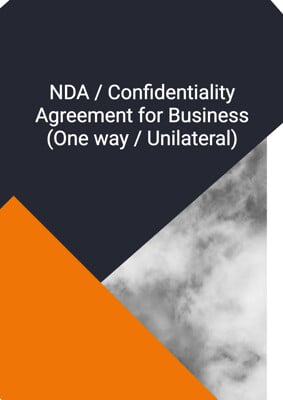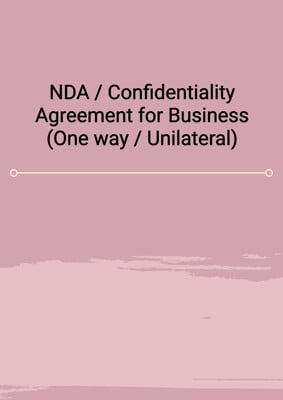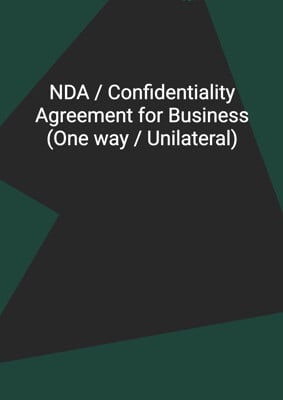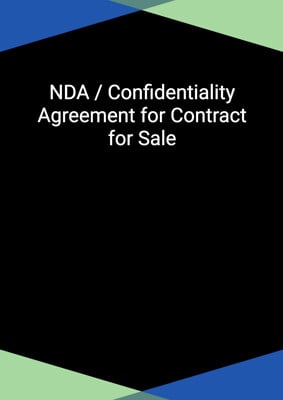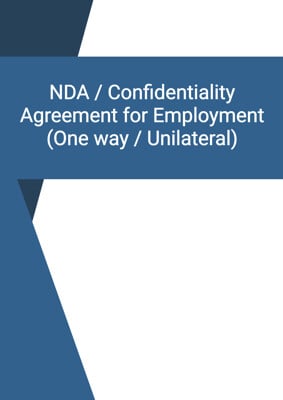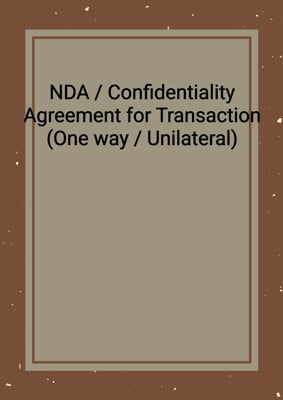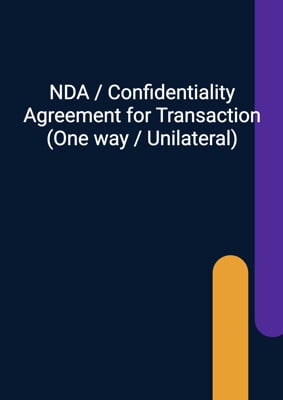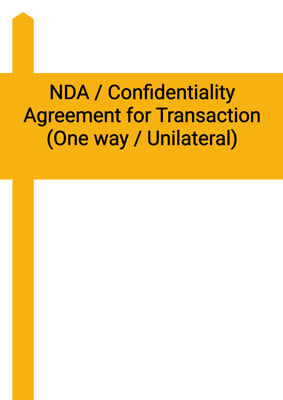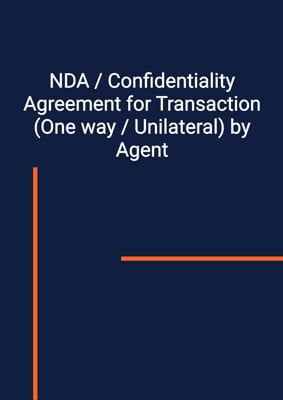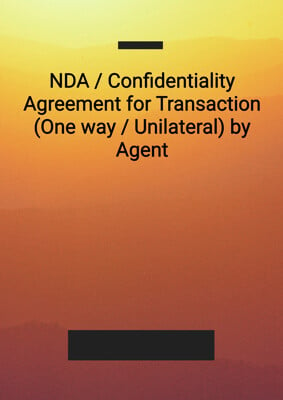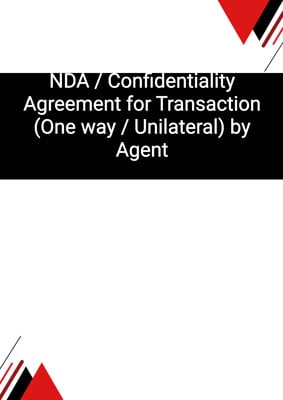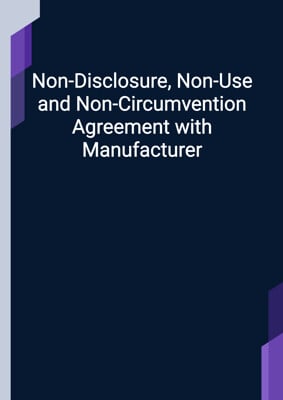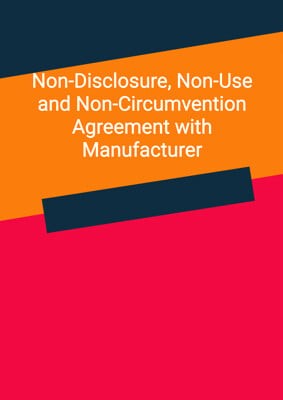How to Tailor the Document for Your Need?
01
Create Document
Fill in the details of the parties. You can click the "Fill with Member’s Information" button to complete it with information saved to your account.
02
Fill Information
Please fill in any additional information by following the step-by-step guide on the left hand side of the preview document and click the "Next" button.
03
Get Document
When you are done, click the "Get Document" button and you can download the document in Word or PDF format.
04
Review Document
Please get all parties to review the document carefully and make any final modifications to ensure that the details are correct before signing the document.
Document Preview
Document Description
The Non-Disclosure, Non-Use and Non-Circumvention Agreement with Manufacturer is a legally binding document that establishes the terms and conditions for the disclosure and use of confidential information between two parties. The document begins with a brief introduction, highlighting the importance of protecting confidential information and the purpose of the agreement.
The agreement is divided into several sections. Section 1 provides definitions for key terms used throughout the document.
Section 2 outlines the obligations of the disclosee regarding the confidential information. It emphasizes the importance of keeping the information confidential and restricts the use of the information for any purpose other than the agreed-upon purpose.
Section 3 specifies the measures that the disclosee must take to ensure the confidentiality of the disclosed information. It includes restrictions on disclosure to third parties and the application of appropriate security measures.
Section 4 identifies certain circumstances where the obligations of non-disclosure and non-use do not apply. This includes information that is already publicly available, previously known to the disclosee, disclosed by a third party, or independently developed by the disclosee.
Section 5 requires the disclosee to return or destroy all hard copy documents and materials containing the information upon request from the discloser. It also denotes the removal of information stored in computer systems.
Section 6 mentions that the discloser retains all rights to its information and disclaims any liability for the accuracy, reliability, or completeness of the information. It also states that the agreement does not create an obligation to enter into a business relationship.
Section 7 emphasizes the confidentiality of the agreement itself, while section 8 acknowledges that damages may not be an adequate remedy for a breach of the agreement. Section 9 denotes the rights, powers and remedies provided in this agreement are cumulative.
Section 10 prohibits the assignment of rights or obligations under the agreement without the consent of both parties, while section 11 confirms that the agreement represents the entire understanding between the parties and supersedes any previous agreements or representations.
Section 12 clarifies that the agreement does not grant any rights under intellectual property laws, while section 13 specifies the applicable law and jurisdiction for any disputes arising from the agreement.
Section 14 outlines the methods and deemed times of service for any notices under the agreement, while section 15 clarifies that only the parties to the agreement have rights under the agreement.
The agreement concludes with the signatures of the authorized representatives of both parties and a provision for a schedule, if applicable.
How to use this document?
Guidance on using the 'Non-Disclosure, Non-Use and Non-Circumvention Agreement with Manufacturer':
1. Review the agreement: Familiarize yourself with the entire agreement to understand its purpose and the obligations it imposes on both parties.
2. Identify confidential information: Determine the specific confidential information that will be disclosed and evaluate its importance to your business.
3. Evaluate the purpose: Assess the potential business relationship and determine if it aligns with your goals and interests.
4. Ensure authorized representatives: Designate approved representatives who will have access to the disclosed information and ensure they are aware of their confidentiality obligations.
5. Implement confidentiality measures: Establish appropriate security measures to protect the disclosed information, both physically and electronically.
6. Prohibit unauthorized use: Ensure that the disclosed information is not used to develop or sell similar products to third parties or compete with the discloser.
7. Avoid circumvention: Do not interfere with any business opportunities related to the purpose of the agreement or engage in deals with the discloser's clients or suppliers.
8. Comply with return or destruction requests: If requested, promptly return or destroy all documents and materials containing the disclosed information and remove any stored information from computer systems.
9. Understand limitations and disclaimers: Recognize that the discloser does not guarantee the accuracy or completeness of the information and is not liable for any use of the information.
10. Seek legal advice: If you have any concerns or questions about the agreement, consult with a legal professional to ensure compliance and protection of your rights.
Note: This guidance is provided for informational purposes only and should not be considered legal advice. It is recommended to consult with a qualified attorney for specific legal guidance related to your situation.
Not the right document?
Don’t worry, we have thousands of documents for you to choose from:
